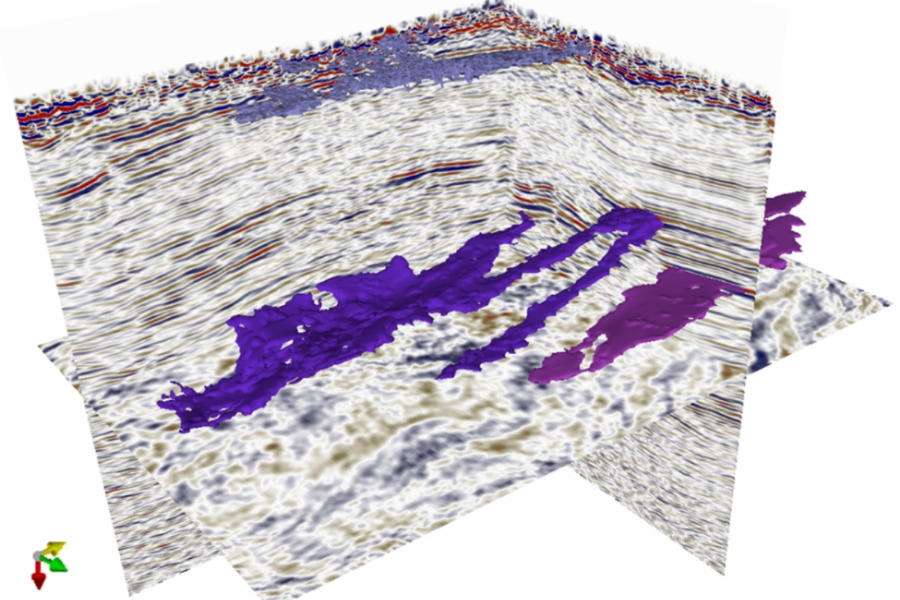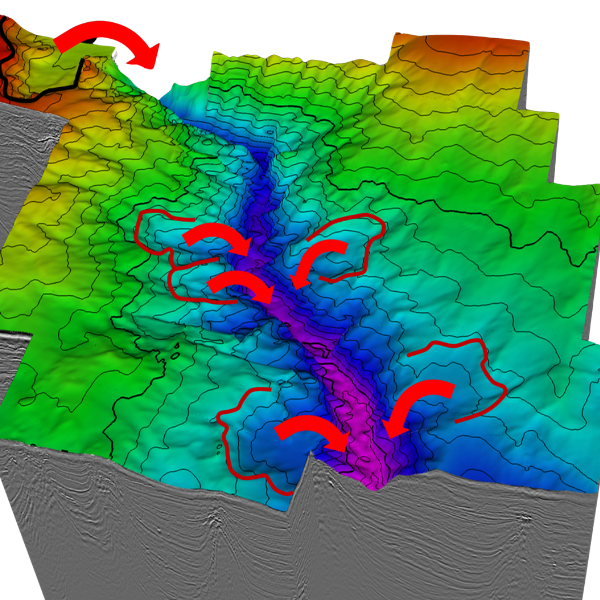DEEP RESERVOIR & STRATEGIC TRAP CHARACTERIZATION
CASE STUDY: NEUQUÉN EMBAYMENT
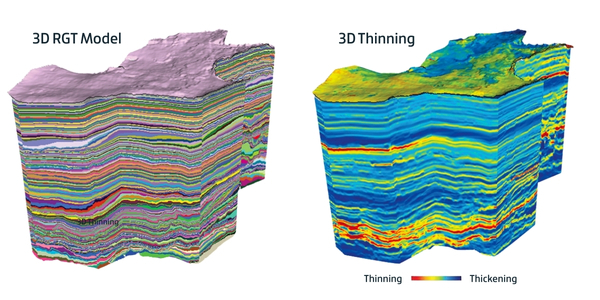
Stratigraphic gradients and Wheeler-transformed sections are intertwined with spectral decomposition in order to build a labelled sequence stratigraphic model and emphasize low amplitude sand fairways.
CASE STUDY AT A GLANCE

LOCATION
Neuquén Embayment, Argentina

SURFACE AREA
700 KM2

AGE OF SEDIMENT
Jurassic (mid Lias to late Dogger)

GEOLOGICAL CONTEXT
Back-arch basin, post rift thermal subsidence, short platform & slope

DEPOSITIONAL ENV.
Deep marine (Cuyo Gp, Los Molles Reservoir Fm)

MAIN CHALLENGES
Small-scale turbidite system, multi-source and multi-directional sedimentary supply and flow
LOCATION
The Neuquén Embayment is located in west-central Argentina, forming part of the larger Neuquén Basin, a key hydrocarbon province influenced by tectonics and sea-level fluctuations.
AUTHOR

Nicolas Daynac
Advisor - Principal Geoscientist - Technical Excellence
SYNOPSIS
The Neuquén Basin is well-known for its petroleum system in Argentina. Its depositional history, shaped by relative sea-level changes from the Triassic to the late Jurassic, led to the development of both submarine and subaerial deposits.
This case study demonstrates how PaleoScan™ technology was leveraged to characterize deep reservoir stratigraphic traps using seismic data from the Neuquén Basin. Advanced 3D RGT modeling and sequence stratigraphic interpretation provided insights into sediment distribution patterns, systems tracts, and depositional environments. Key findings include the identification of deep sea fan lobes and distinct geomorphological features within a turbidite system, revealing major shifts in sediment supply direction and depositional trends across multiple transgressive-regressive cycles.
KEY TOPICS
- Relative Geological Time and instantaneous rate of deposition
- Depositional trends
- Wheeler transform & 3D sequence stratigraphic modeling
- Depositional system analysis
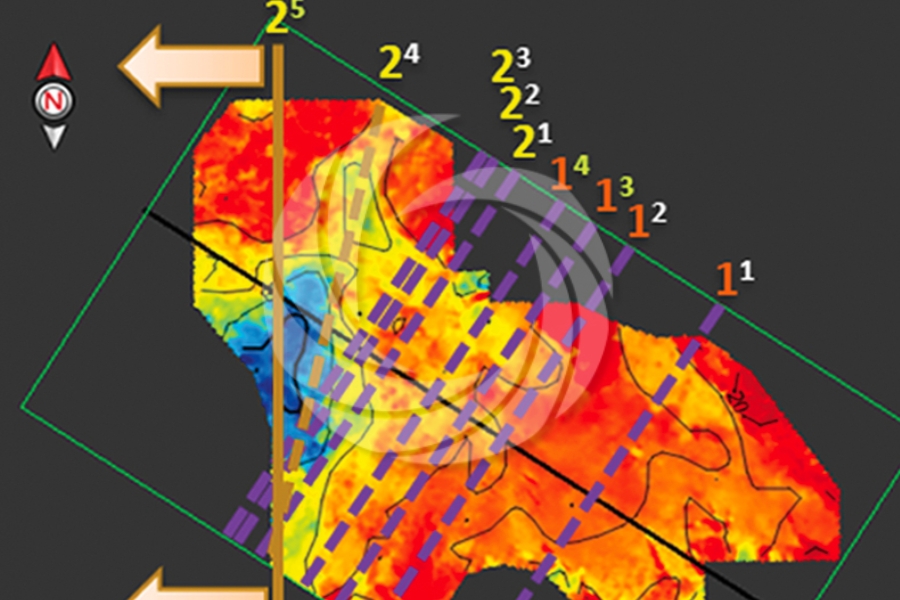
Isochore data and depositional trends
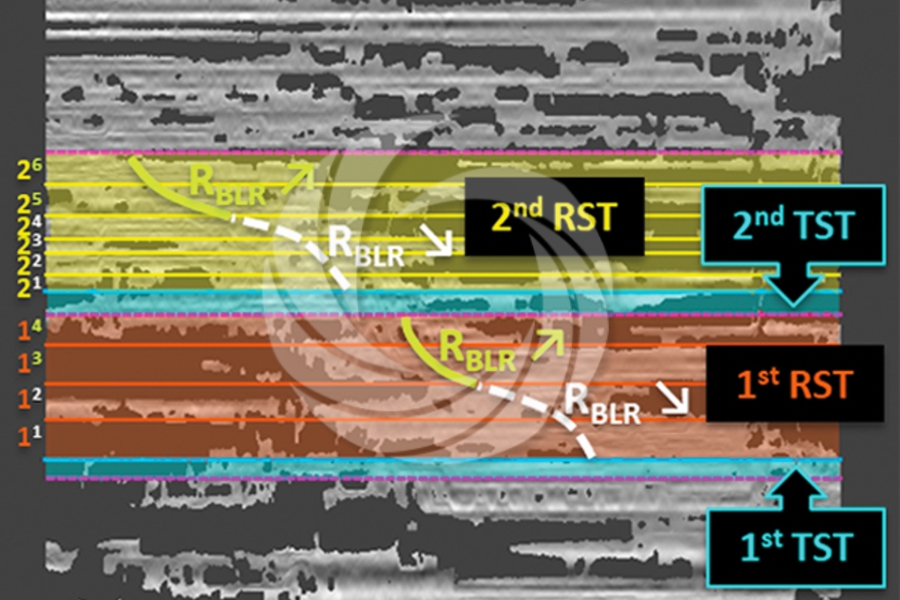
Wheeler transforms & 3D sequence stratigraphy model
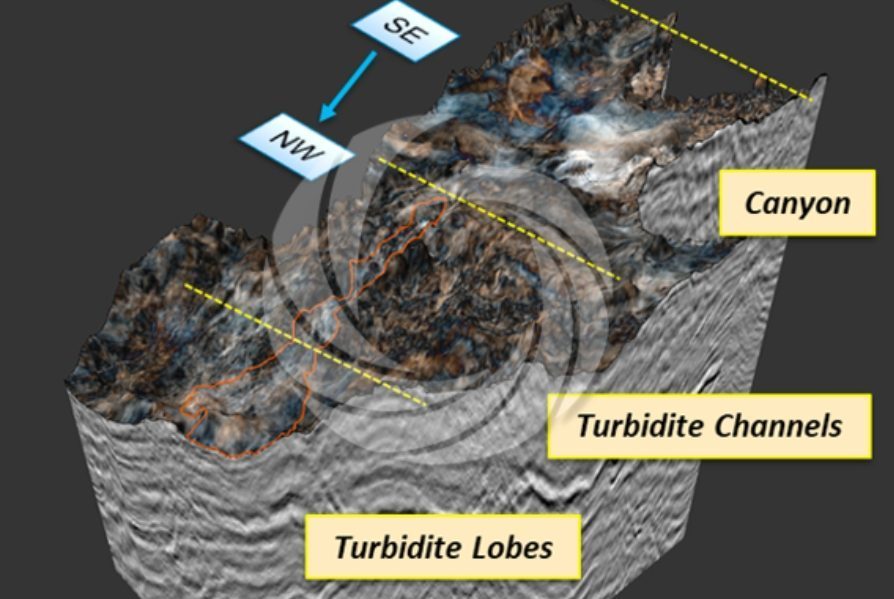
Spectral decomposition & depositional trends
WANT TO DIVE DEEPER? DOWNLOAD THE FULL CASE STUDY BELOW!




